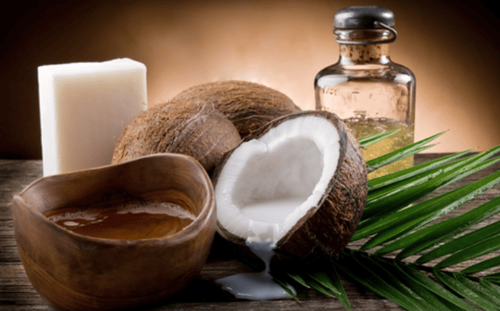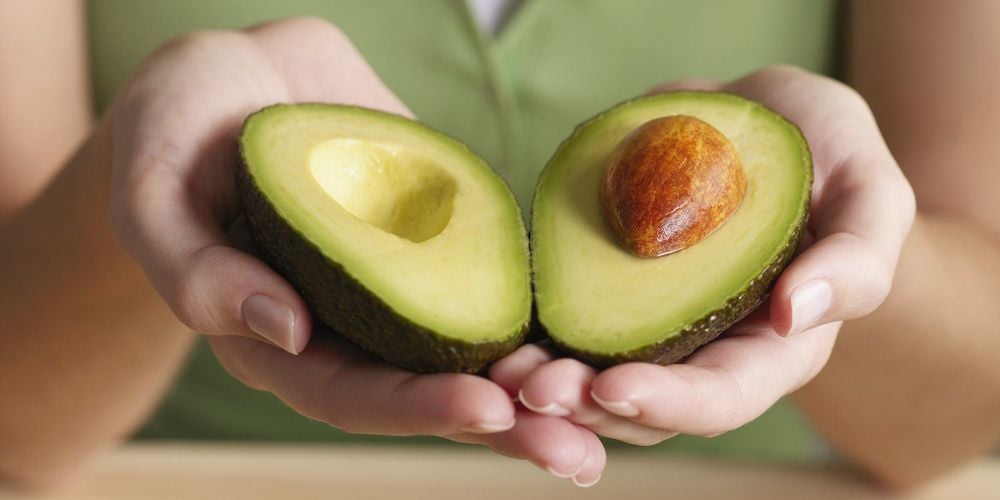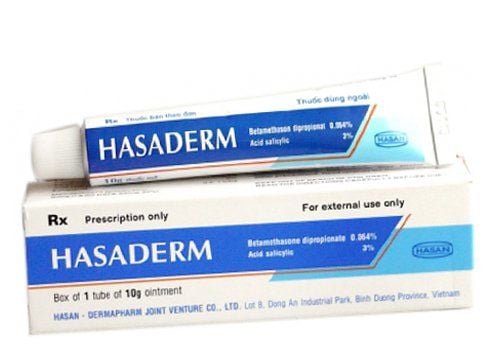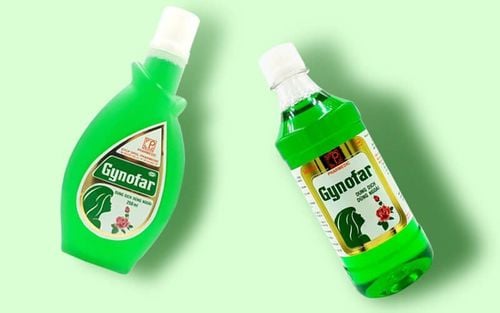This is an automatically translated article.
Dry skin that is left untreated, can become cracked and infected. Keeping dry skin moisturized is important, but some treatments can be expensive or ineffective. Here are some home remedies you can use to relieve dry skin.
1. What is dry skin care like?
Dry skin also known as xerosis, is skin that lacks moisture in the outermost layer. Dry skin can be uncomfortable and to some extent not aesthetically pleasing. Dry skin occurs at any age, but most commonly appears on the skin in the elderly as rough, red, and itchy patches anywhere on the body - arms, hands, lower legs, ankles or appear on the soles of the feet, thighs, and abdomen. In most cases, dry skin is caused by environmental factors that reduce the skin's moisture level. Heat, humid rain, heat, arid climates, and heavy soaps can all cause skin to become dry.
The information below will help you choose the right home remedies for dry skin to address the symptoms of dry skin and restore moisture in the skin.
1.1. What should I use for dry skin? Coconut Oil: Coconut oil is very reliable in making your skin soft. They fill in the gaps between skin cells, creating a smooth skin surface. We can use coconut oil daily even on the most sensitive parts of the body even the lips and the skin under the eyes. Another advantage of coconut oil is that you can use it right away without mixing anything else.

Tinh dầu dừa hoàn toàn lành tính cho mọi vùng da trên cơ thể
Petroleum jelly: Or mineral oil can heal the skin especially in the elderly. They create a protective layer on the skin, hold in moisture, and help heal dry, irritated skin patches. Gloves: Human hands are the part that is most directly exposed to the external environment, irritants such as soaps, detergents and especially in cold environments. Those are all factors that make your skin irritated and dry. Therefore, practicing the habit of wearing gloves when exposed to the above environments is an effective measure to help prevent dry skin. Avoid very hot showers: Preventing dry skin sometimes comes from changing your simple habits. Many people have a habit of bathing with water that is too hot, which can burn the skin or cause other damage. Adjusting the bath water temperature to a moderate level will help you protect your skin, avoiding dry or irritated skin. Use a humidifier: Using a humidifier in the home can help reduce skin dryness, especially for homes that frequently use air conditioning and heating. According to the recommendations of Harvard Medical School, maintaining indoor humidity at 60% is enough to prevent dry skin. Avoid allergens and irritants: For those with sensitive skin, staying in air-conditioned rooms, sitting by the fireplace for too long, soaking in water that's disinfected with chlorine or other chemicals or even wearing woolen clothing can irritate the skin and become dry. Therefore, limiting skin exposure to allergens or irritants is also a measure to help reduce skin dryness.

Sử dụng máy tạo độ ẩm để giảm tình trạng khô da
1.2. What mask for dry skin? In addition to using some of the products mentioned above, in order for your skin to retain moisture and minimize dryness or irritation, a moisturizing mask also plays an important role. With ingredients as well as a relatively simple recipe for you to make and use at home.
Aloe vera mask
Ingredients for one use:
Half a cucumber 2 tablespoons of aloe vera gel How to make:
Thinly sliced cucumber, mixed with aloe vera gel Gently massage and then place slices Mouse mixed with aloe vera gel on the face. Leave for about 30 minutes, then remove and wash your face with clean water. Mask from avocado and cocoa
Butter and cocoa powder have the ability to stimulate the skin to produce collagen, combined with honey to form a compound that helps to moisturize and soften the skin very well.
Ingredients for one use:
2 avocados 1 tbsp raw honey 2 tbsp cocoa powder How to make:
Mash butter in a bowl, then add cocoa powder and honey, mix well Gently massage your face with the above mixture. Rub the mixture on your face, leave it on for about 20 minutes, then wash your face with warm water.

Mặt nạ từ bơ và ca cao giúp kích thích da sản xuất nguồn collagen dồi dào
Coconut oil mask
We can also use coconut oil as a mask to prevent dry skin. Just rub a little coconut oil on your face before going to bed, leave it overnight to help prevent the skin from becoming dry and irritated.
In addition to the 3 types of masks mentioned above, you can also use some available foods such as eggs or potatoes and fresh milk to make other skin moisturizing masks.
1.3. Dry skin eat what? Antioxidants and omega-3
When your skin is dry, it means your skin is exposed to factors that damage skin cells faster, harder to control and improve skin condition .
Foods rich in antioxidants can help minimize damage from toxins and help the body quickly produce healthy cells to replace dead skin cells. Some antioxidant-rich foods that can help your skin become healthy, limit dryness and irritate skin can be mentioned as: blueberries, tomatoes, carrots, peas, etc. .. or foods rich in omega-3 like salmon, mackerel, cod liver oil...
Vitamin C, D
Vitamin C is a powerful antioxidant, protects the skin and is necessary for collagen production , reduce the water loss of the skin thereby helping the skin to always retain moisture, fight against dryness and irritation of the skin. Foods rich in vitamin C such as: oranges, strawberries, guava, chili, papaya...
Vitamin D plays an indispensable role in the skin barrier function and skin cell growth as well as maintaining The skin's immune system is the first line of defense against harmful pathogens. In addition, vitamin D also plays an important role in improving symptoms of skin disorders such as dry skin, itching, eczema.... Foods that are a rich source of vitamin D can be mentioned as: salmon, herring, shrimp, oysters, cod liver oil...

Vitamin C, D là những chất quan trọng giúp cải thiện tình trạng khô da của cơ thể
Some other substances
Probiotics: Probiotics found in yogurt, kimchi, pickles... help improve the function of keeping the skin moist and soft. Hyaluronic acid: Found in soybeans, red wine, root starch, tubers... hyaluronic acid has the ability to improve skin resistance to dryness. Aloe Vera: The addition of fatty acids derived from aloe vera significantly improves skin moisture and elasticity. Ceramides: These skin-fatty molecules are important for healthy skin. Supplementing with ceramides can help increase skin hydration, which is useful in treating dry skin. Foods that help the skin increase the synthesis of ceramides such as milk, eggs, soy ...
2. Conclusion
Skin is the first line of defense against bacteria and viruses that cause disease, so it is very important to protect the skin. In fact, maintaining a healthy skin barrier on a daily basis is one of the best ways to prevent dryness and irritation. Get in the habit of using a good moisturizer every day even if the skin has not shown any signs of dryness, limit direct contact with irritants or cold and dry environments, and supplement collagen-rich foods. , increasing the skin's ability to retain moisture are great measures to help you own a beautiful, smooth skin.
Reference source: Healthline.com; webmd.com; medicinenet.com













